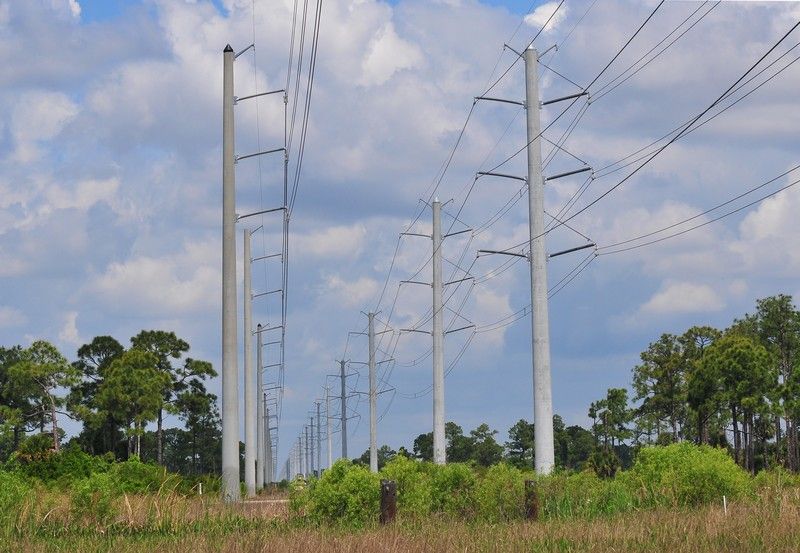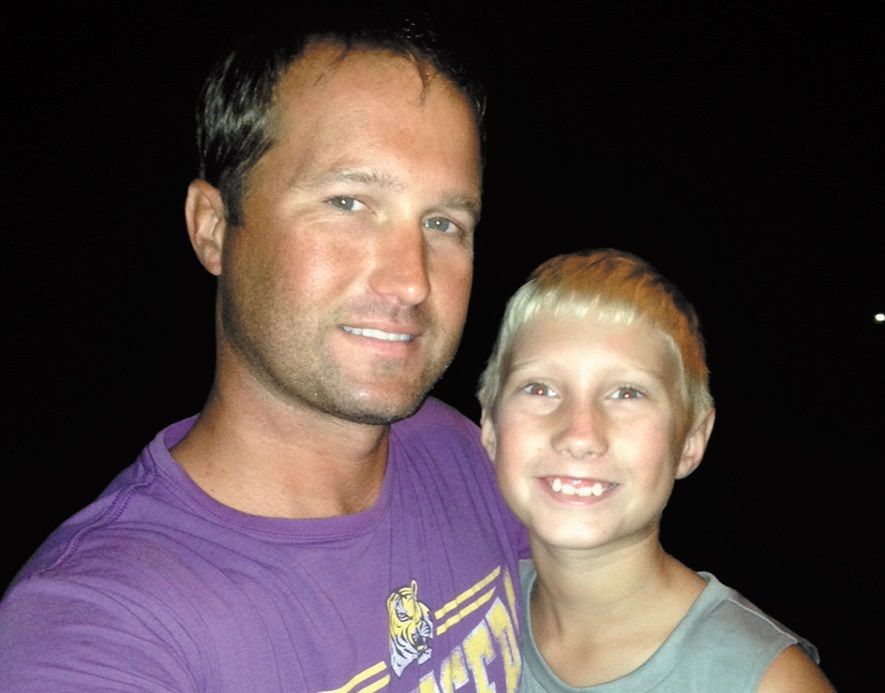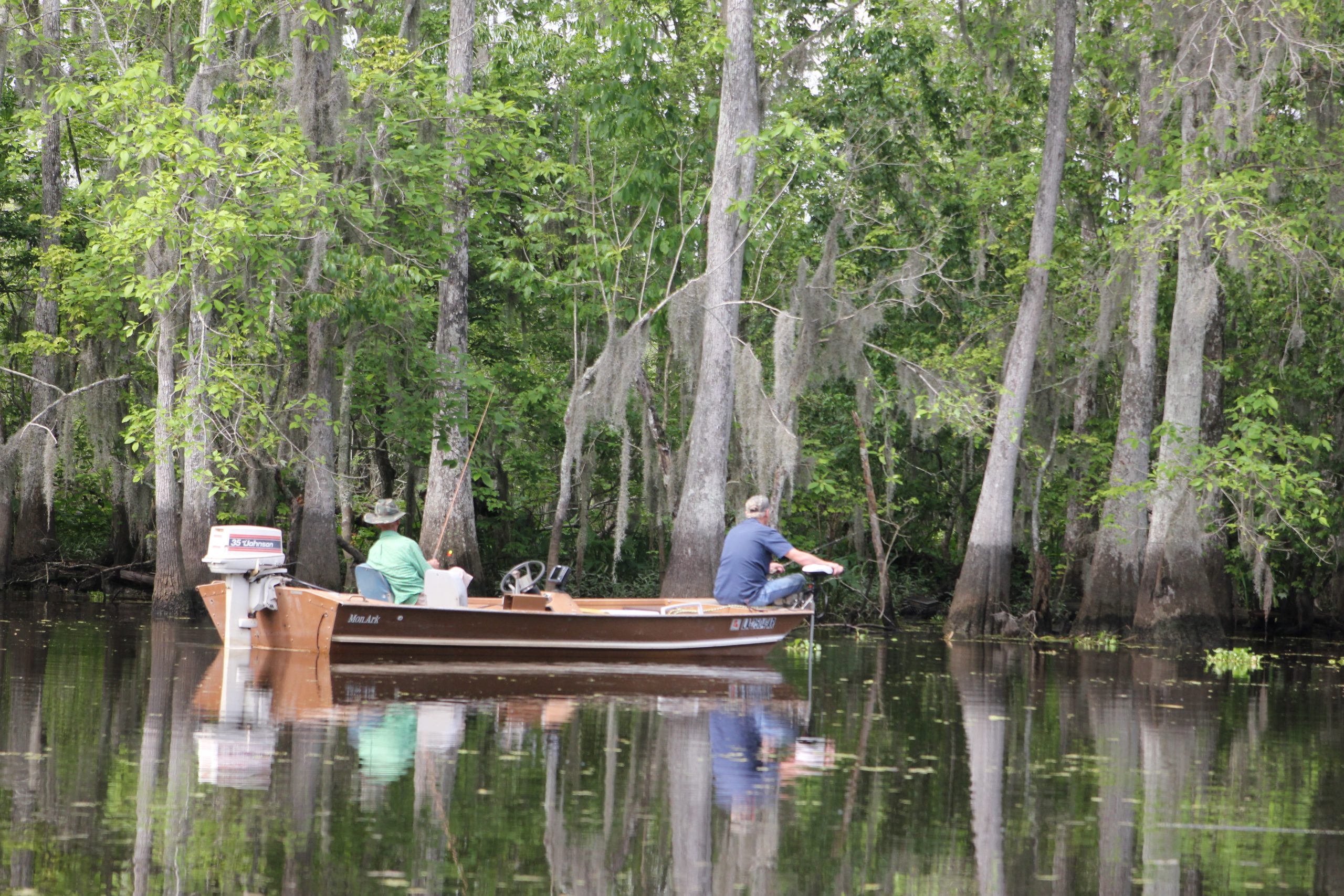
Power outage along La. Highway 307
July 30, 2015
Boaters grateful for rescue: Changing weather nearly cost trio their lives
August 5, 2015Houma baker Duane Caro, who is a Catholic, says that after refusing to make a wedding cake for a same-sex couple, he sought pastoral counseling on his decision but was still unclear on how church teachings apply to people in his position.
The Times reached out to Bishop Shelton Fabre of the Houma-Thibodaux Diocese, asking two questions on the matter, which he agreed to answer.
The questions and the bishop’s responses are presented here in their entirety.
THE TIMES: “When placed in the situation, how does a person who is a Catholic make a moral decision in conscience about whether or not to attend or supply services, such as a cake or flowers, for a same-sex wedding?”
BISHOP SHELTON FABRE: “The Catholic Church considers same-sex marriage to be something that harms the common good of society. Since one should always only seek to act in accord with what is best for the common good, and while always respecting the human dignity of all persons, one should not attend or provide services for a same-sex wedding. The Church also believes that a person making such decisions should follow his or her own ‘properly informed conscience,’ and specifically with regard to providing services should have the religious freedom to act in conscience regarding such matters. A properly informed conscience first seeks input from competent Church authority regarding the fullness of official teaching of the Roman Catholic Church on the matter in question. With information and understanding regarding official Church teaching on the matter, one then considers through prayer, reflection, and encouraged discussion with a priest or other competent Church authority, other aspects that may be involved in the issue. After considering all factors from the perspective of Church teaching, one then from a ‘properly informed conscience’ makes a moral decision on how to act with regard to the issues.”
THE TIMES: “And if I do attend or provide services, such as baking a cake or providing flowers, where does this place me in the eyes of God?”
BISHOP SHELTON FABRE: “The Catholic Church never judges a person, only a person’s actions. Therefore, while the Church would not condone a person’s actions in deciding to attend or supply such services for a same-sex wedding, the Church would never then presume to judge the actual person who makes such a decision to do so. The Church teaches that judgment of a person is left to God, and God alone. This is the full context of Pope Francis’ now famous response of “Who am I to judge them if they are seeking the Lord in good faith?” Pope Francis’ response roots itself in the fact that the Church itself does not judge any person, only the person’s actions. And while there may at times be consequences in the life of the Church for one’s actions undertaken that do not coincide with Church teaching, such as the person’s requested withdrawal from receiving the Eucharist, the Church leaves judgment of the person to God, and God alone. Therefore, the answer to question number two above is the Church would indicate that while the action of a person attending or providing services for a same-sex wedding would not coincide with what the Church believes to be the Truth in the matter, neither the Church nor any individual person can answer where the person actually making such a decision to attend or provide services such as a cake or flowers for a same-sex wedding would be in the eyes of God. The reason is because in accord with Church teaching, only God can answer that question. Judgment of any person is left to God and to God alone.”
Bishop Shelton J. Fabre, Diocese of Houma-Thibodaux.






